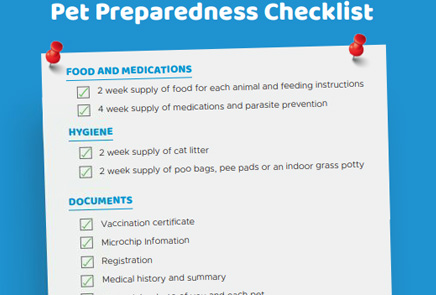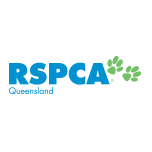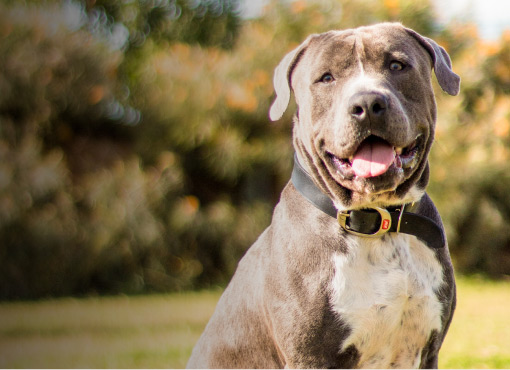If you and your pet do need to self-isolate make sure you keep their mind and body active. For cats, this includes at least 30 minutes of one on one playtime or interaction;
new toys that can be brought out for stimulation and indoor cat grass for nibbling on. For dogs that are usually walked you will have to find alternate ways to keep them active: Lots of one on one games, rotate
dog toys and have a stock of new ones, play hide and seek, teach them new tricks, give them treat balls that make them work for the reward, make an indoor obstacle course and spread out meal times. If you have a garden spend active time exercising with them and play a game of find the pre-hidden treats. Get
pet enrichment ideas from our blog or check out our
animal training factsheets.




